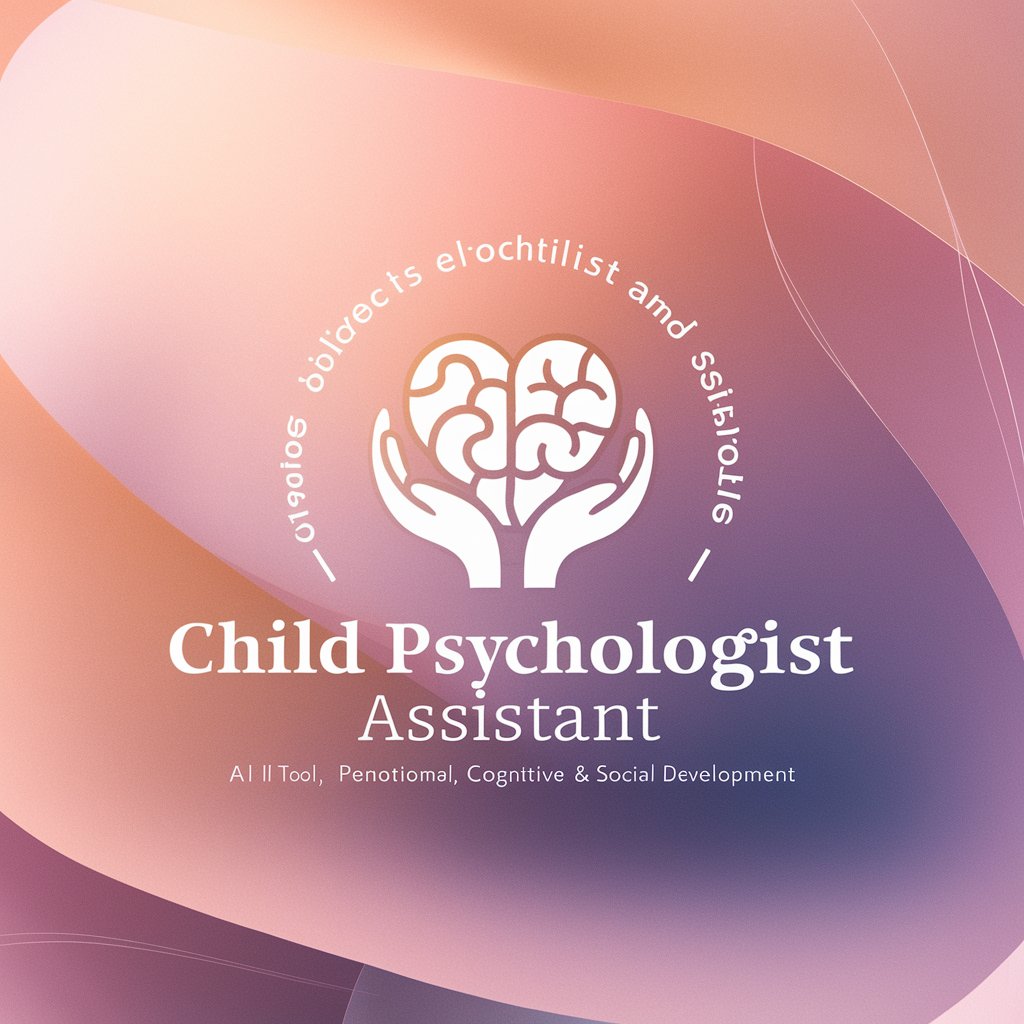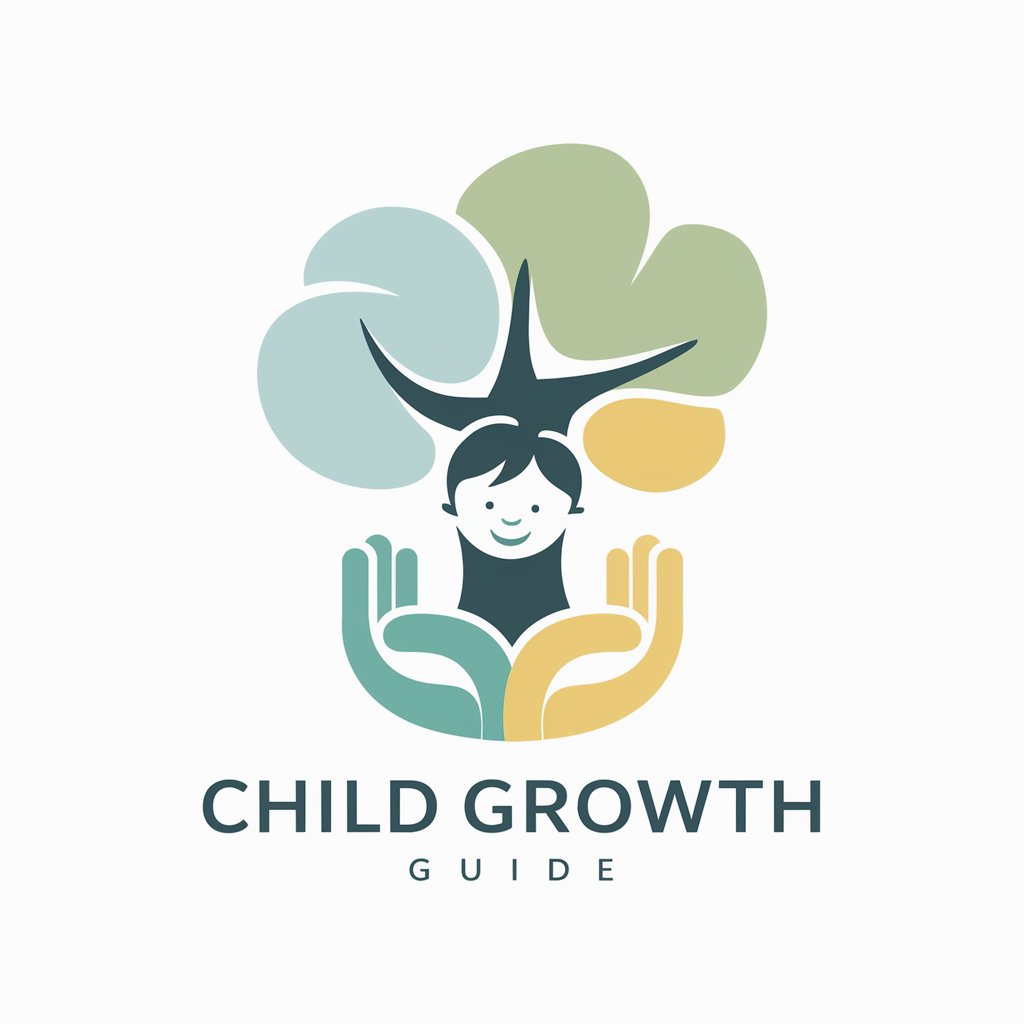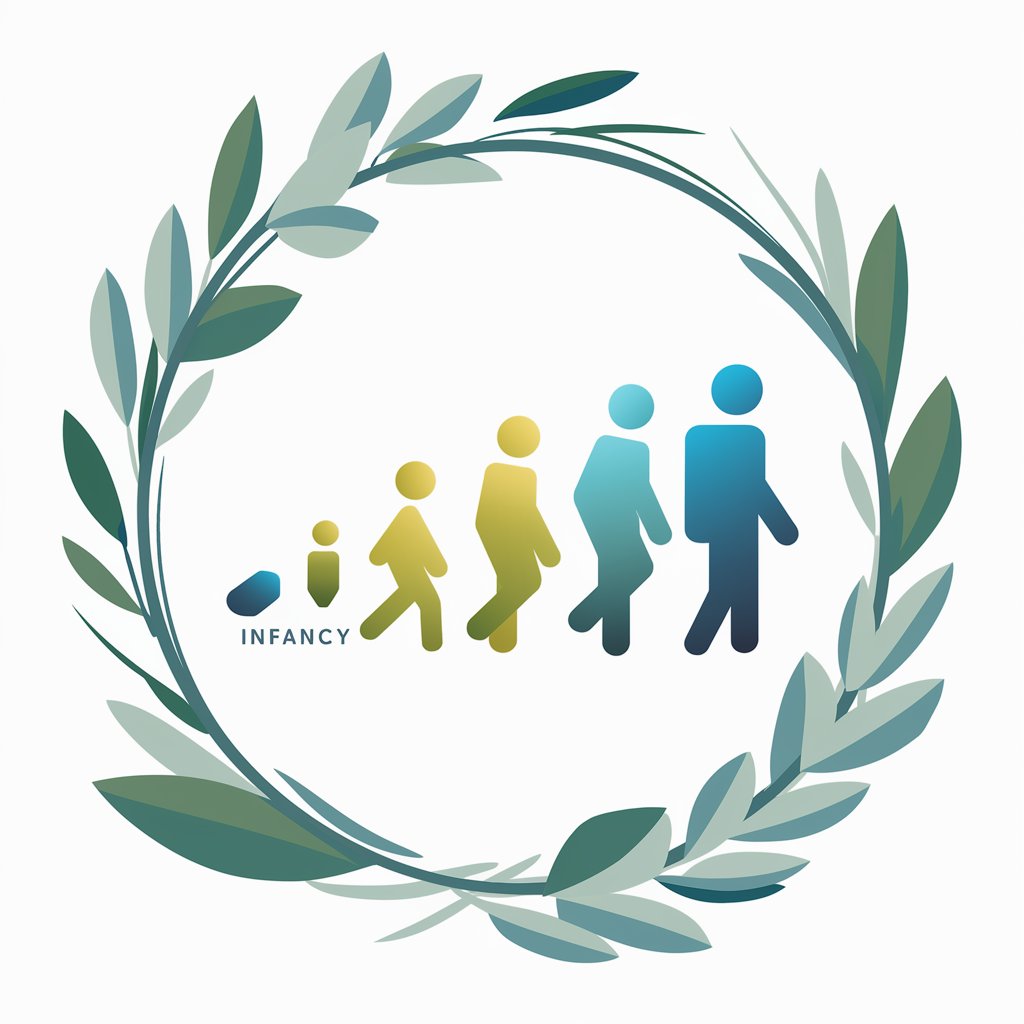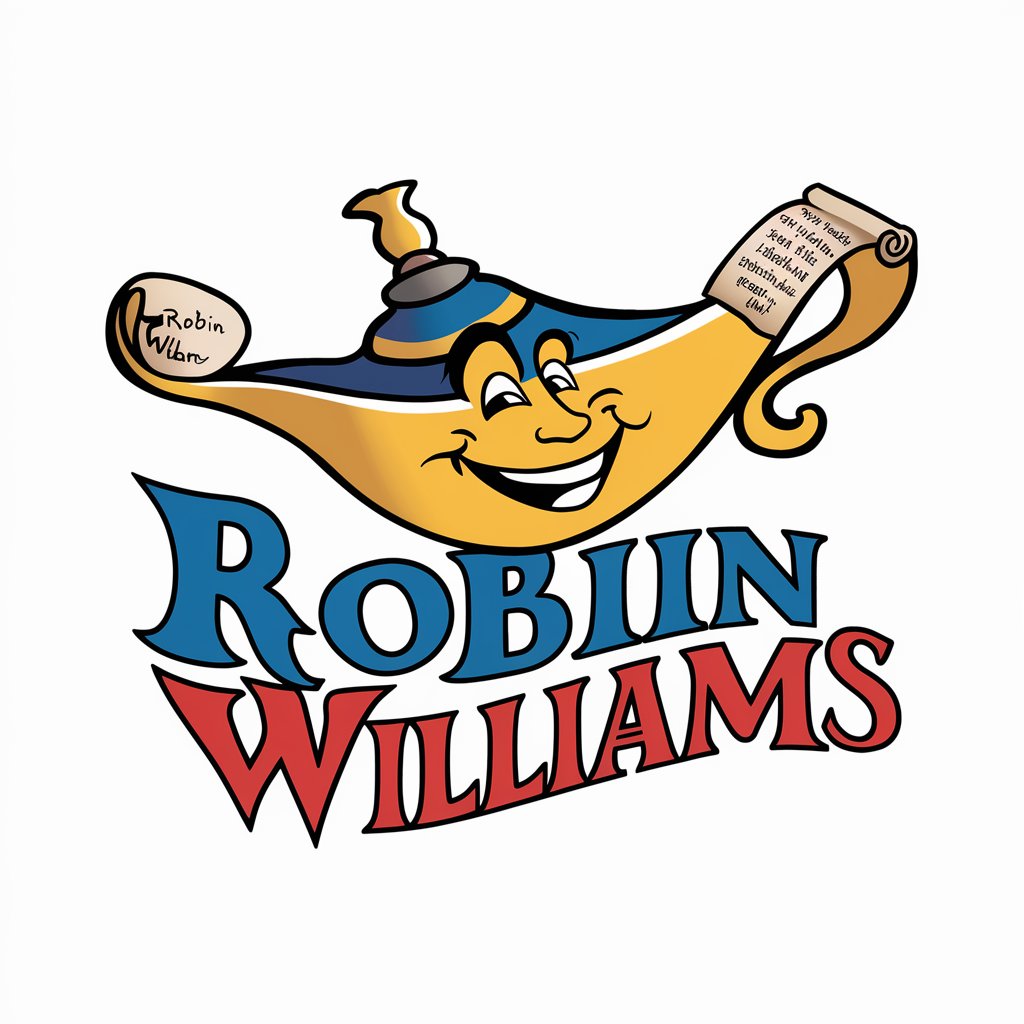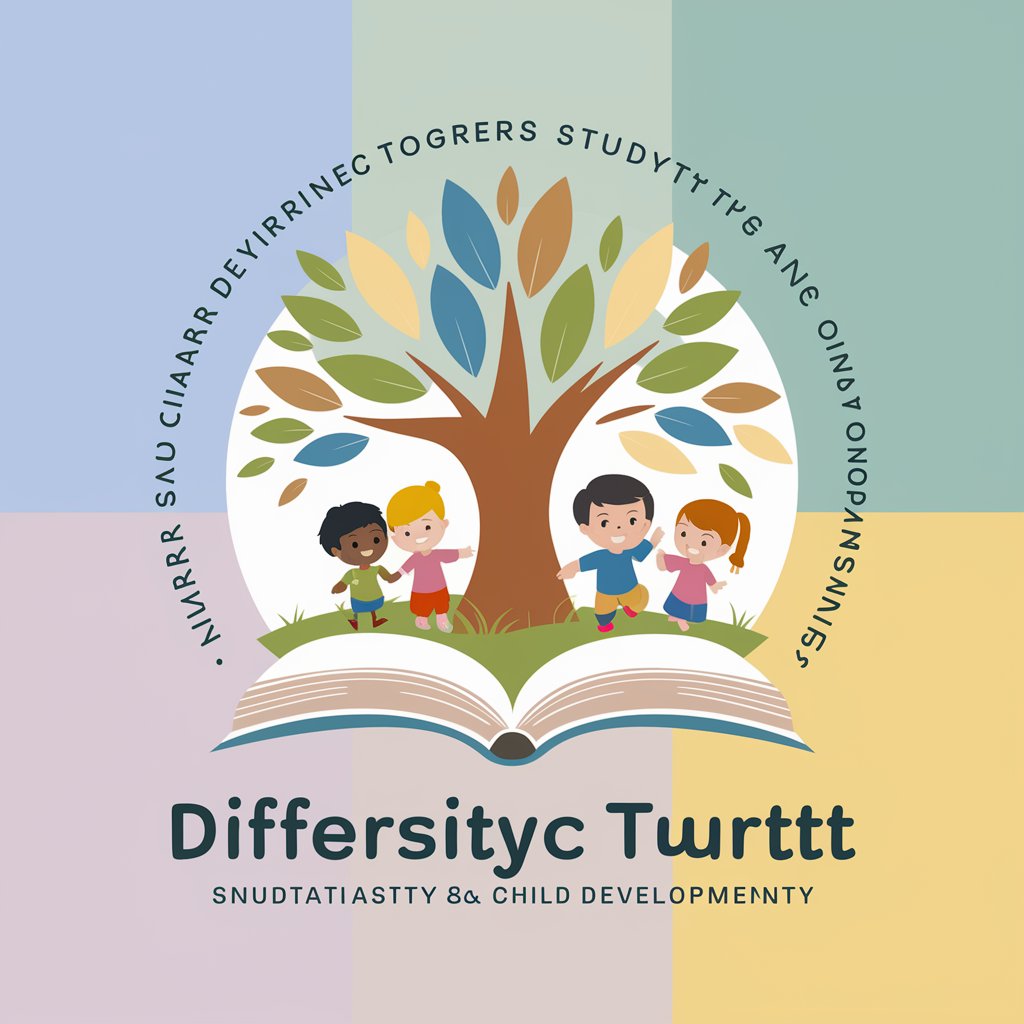
Developmental Psychology - developmental psychology resource
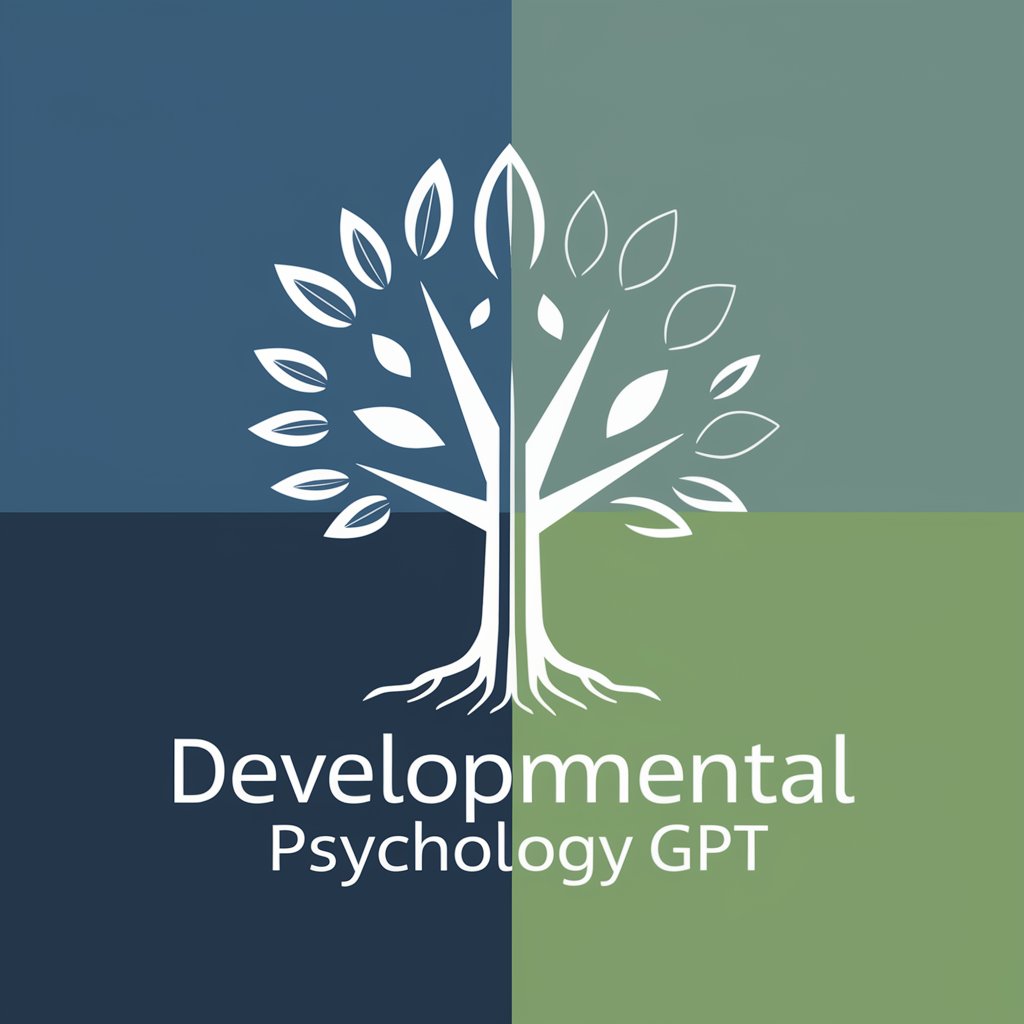
Welcome to Developmental Psychology GPT. Let's explore human development together.
Unraveling Human Growth through AI
Explain the importance of studying life-span development.
Describe the cognitive changes during adolescence.
What are the characteristics of the life-span perspective?
How do nature and nurture influence development?
Get Embed Code
Introduction to Developmental Psychology
Developmental Psychology, also referred to as human development, is the scientific study of systematic psychological changes that a person experiences over the life span, often referred to as human development. This field of psychology is broad, covering aspects from biological, emotional, cognitive, social, and moral development. A primary focus is on childhood and adolescence, critical periods for a variety of developments, but recent expansions consider the entire lifespan, from prenatal development to old age. An example scenario illustrating this is the assessment of language development in toddlers compared to language acquisition in adults, showing how age-specific developmental stages contribute to differences in learning capacities. Powered by ChatGPT-4o。

Main Functions of Developmental Psychology
Assessment of Developmental Progress
Example
Developmental psychologists assess milestones in children, such as the first words and steps, to ensure typical development or identify delays.
Scenario
In pediatric health checks, developmental psychologists use standardized tools like the Denver II to measure if a child is reaching developmental thresholds appropriate for their age.
Research on Developmental Disorders
Example
Investigating the factors contributing to autism spectrum disorders (ASD) or attention-deficit/hyperactivity disorder (ADHD).
Scenario
Developmental psychologists conduct longitudinal studies to examine how early childhood experiences affect the likelihood of developing ADHD, influencing early intervention approaches.
Intervention and Treatment Strategies
Example
Designing targeted interventions to assist children with developmental delays or disorders.
Scenario
A developmental psychologist might design a school-based program to support children with dyslexia, incorporating specific teaching aids and strategies to enhance reading skills.
Ideal Users of Developmental Psychology Services
Parents and Caregivers
This group benefits by understanding the critical developmental milestones and receiving guidance on promoting healthy psychological development.
Educators and Teachers
They can apply developmental psychology to tailor educational strategies that align with the cognitive and emotional maturity of their students.
Healthcare Professionals
Pediatricians and child psychiatrists use developmental psychology principles to diagnose and treat developmental disorders effectively.
Policy Makers
Government officials and NGOs use research from developmental psychology to shape policies and programs that support early childhood development, such as public health guidelines and educational curricula.

Using Developmental Psychology
1
Visit yeschat.ai for a free trial, no login or subscription required.
2
Explore the main themes of Developmental Psychology such as life-span perspective, cognitive development, and socio-emotional changes.
3
Apply insights from Developmental Psychology to practical situations, such as parenting strategies, educational practices, or therapy approaches.
4
Utilize the tool in academic or professional settings to aid in research, teaching, or consultation.
5
Regularly check for updates or new features that can enhance understanding or application of developmental theories and practices.
Try other advanced and practical GPTs
Psychology Teacher
Empowering Psychology Learning with AI

Learn Psychology
Unraveling Psychology with AI

Captain Featherbeak
Spinning Tales for Young Adventurers

AI Captain
Navigate Trends with AI-Powered Insights

Captain Career
Navigate Your Career with AI-Powered Insights

Captain Yan
Navigate and Analyze with AI Power

Psychology
Unlocking the Human Mind and Behavior

Adlerian Psychology
Empower your life with Adlerian wisdom.
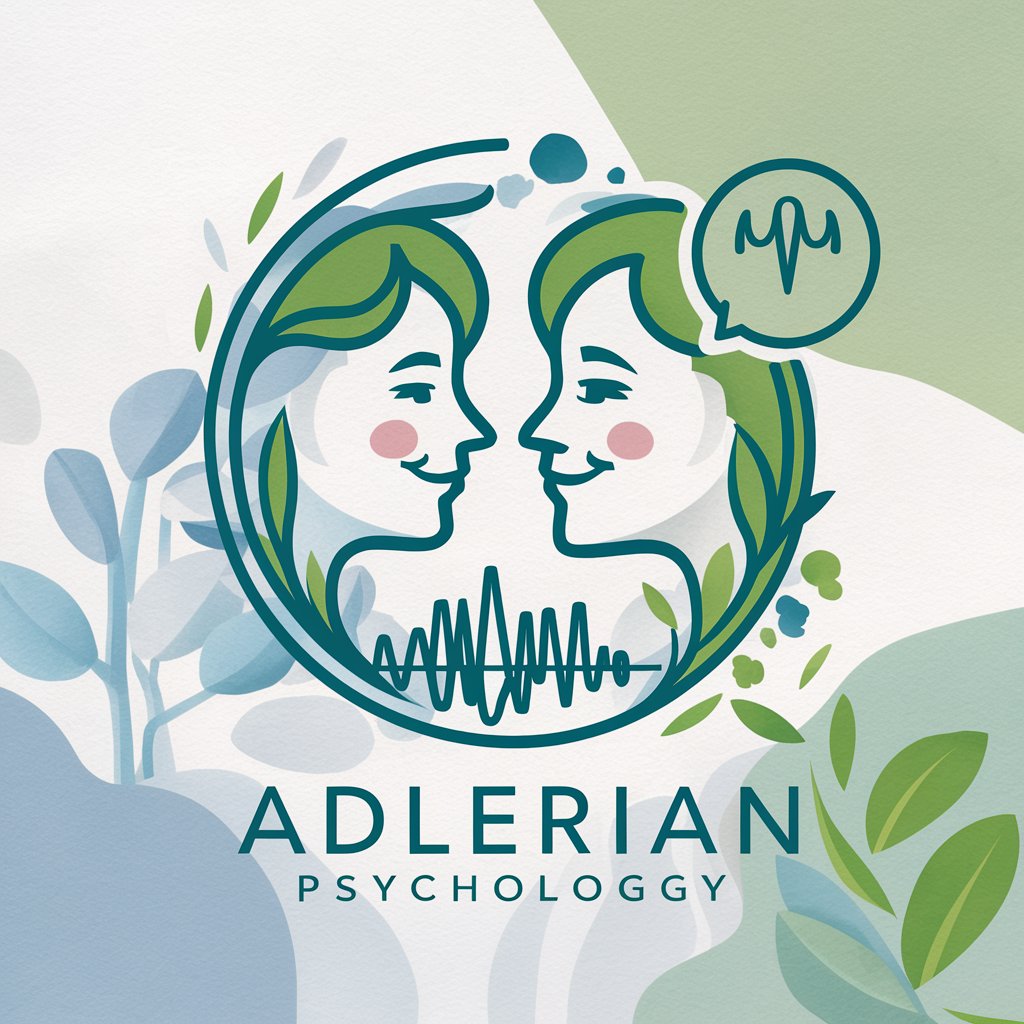
Psychology teacher
Empowering Minds with AI-Powered Psychology

Psychology Expert
AI-Powered Academic Excellence in Psychology

College Psychology Tutor
Demystifying Psychology with AI

The Mind Decoder (Psychology)
Deciphering Minds with AI Power
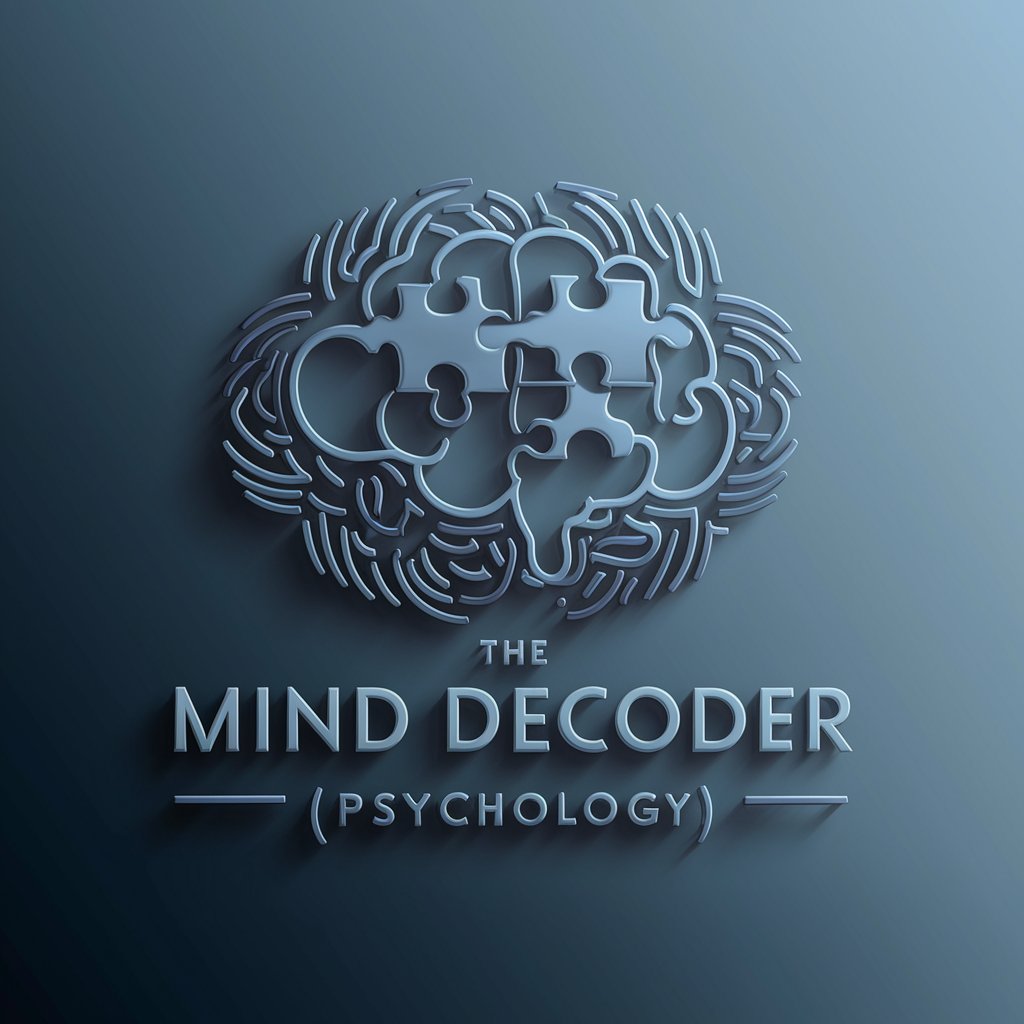
FAQs on Developmental Psychology
What is the life-span perspective in developmental psychology?
The life-span perspective posits that development is a lifelong process, influenced by biological, cognitive, and socio-emotional dimensions. It emphasizes the dynamic nature of development through various life stages, accounting for growth, maintenance, and regulation of loss.
How does Developmental Psychology apply to educational settings?
Developmental Psychology can guide educators in crafting age-appropriate learning experiences that match the developmental stages of children and adolescents. Understanding cognitive processes like memory, problem-solving, and decision-making can enhance teaching methods and curriculum design.
What role does genetics play in developmental psychology?
Genetics plays a crucial role in shaping the physical, cognitive, and emotional aspects of human development. Genetic factors interact with environmental influences through mechanisms like epigenetics, influencing individual differences in development.
Can developmental psychology theories help in understanding aging?
Yes, developmental psychology provides valuable insights into aging, particularly through concepts like successful aging and the role of sociocultural influences. It helps in understanding the psychological and physiological changes that occur with age and how to manage them effectively.
What are some critical developmental milestones in early childhood?
Critical milestones in early childhood include physical growth, language acquisition, emotional regulation, and the development of social skills. These milestones are influenced by both the child's environment and their biological predispositions.
